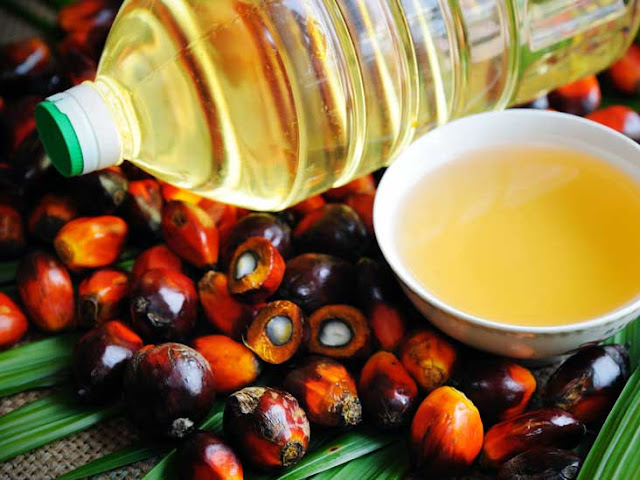Palm gains slightly but headed for another yearly decline
The benchmark palm oil contract for March delivery on the Bursa Malaysia Derivatives Exchange was up 0.2 percent at 2,126 ringgit ($514.02) a tonne at the midday break, on course for a third straight session of gains.
Malaysian palm oil futures saw slight gains by Monday noon on firm crude oil and US soyoil prices, but were on track to chart a second consecutive year of declines as high stocks and weak demand weighed on prices.
The benchmark palm oil contract for March delivery on the Bursa Malaysia Derivatives Exchange was up 0.2 percent at 2,126 ringgit ($514.02) a tonne at the midday break, on course for a third straight session of gains.
The market had earlier climbed as much as 0.9 percent to a one-week high of 2,140 ringgit, but later pared some gains on a stronger ringgit and profit-taking, traders said.
Trading volumes stood at 8,910 lots of 25 tonnes each at the midday break on Monday.
"Palm is borrowing strength from gains in rival oilseeds and the energy front," a Kuala Lumpur-based trader said, referring to US soyoil on the Chicago Board of Trade and crude oil prices.
"Further appreciation in the local currency and profit-taking interest may cap upside movements."
Gains in the ringgit, palm's traded currency, usually make the edible oil more expensive for foreign buyers. The ringgit had strengthened by 0.3 percent to its strongest levels in three months and was last at 4.1360 per dollar on Monday noon.
Oil prices climbed on the last trading day of the year on Monday, taking a cue from firmer stock markets, but were on track for the first yearly decline in three, amid concerns of a persistent supply glut.
Palm oil prices are impacted by movements of crude oil, as the vegetable oil is used as feedstock to make biodiesel.
In other related oils, the Chicago January soybean oil contract was up 0.4 percent, in line with gains in soybean prices.
US soybean futures climbed to their highest in more than a week on Monday, buoyed by hints of improved trade relations between Washington and Beijing that could boost China's soybean purchases.
Palm oil prices are impacted by changes in soyoil prices, as they compete for a share in the global vegetable oil market.
Disclaimer:- The views and investment tips expressed by investment experts are their own. Ripples Advisory advises users to check with certified experts before taking any investment decisions.
Best Share Market News, Click Here To Get More News - NCDEX Tips, for 2 Days Free Trial give a missed call @9644405056 and Get Share Market Services.



Comments
Post a Comment